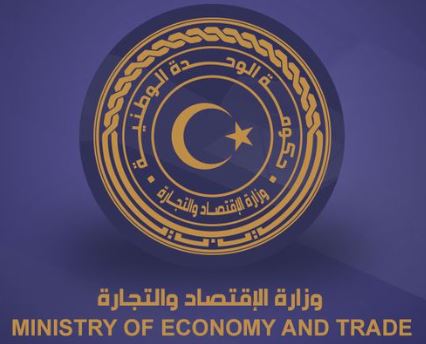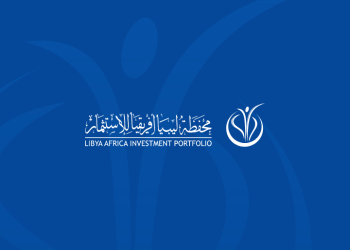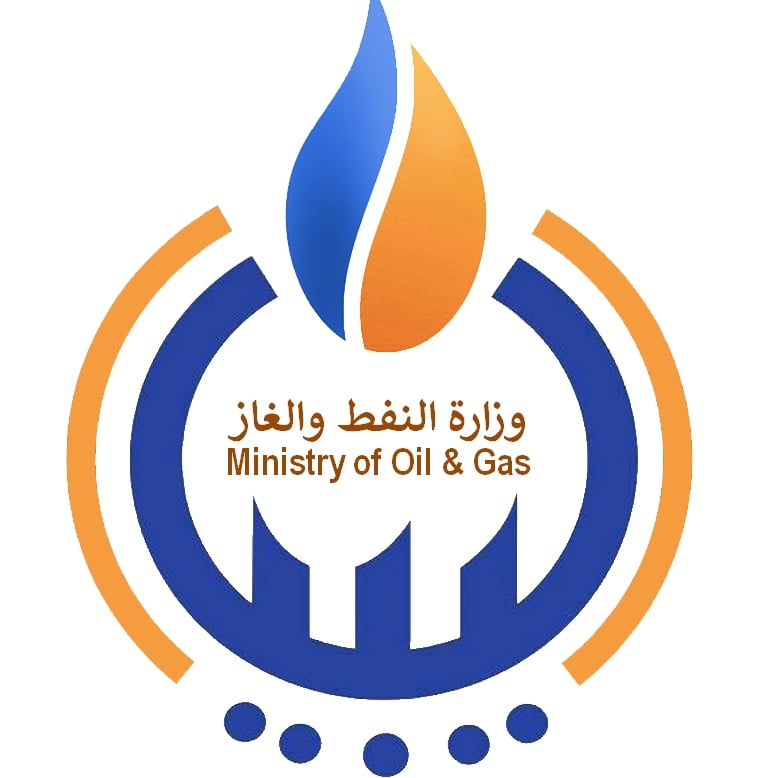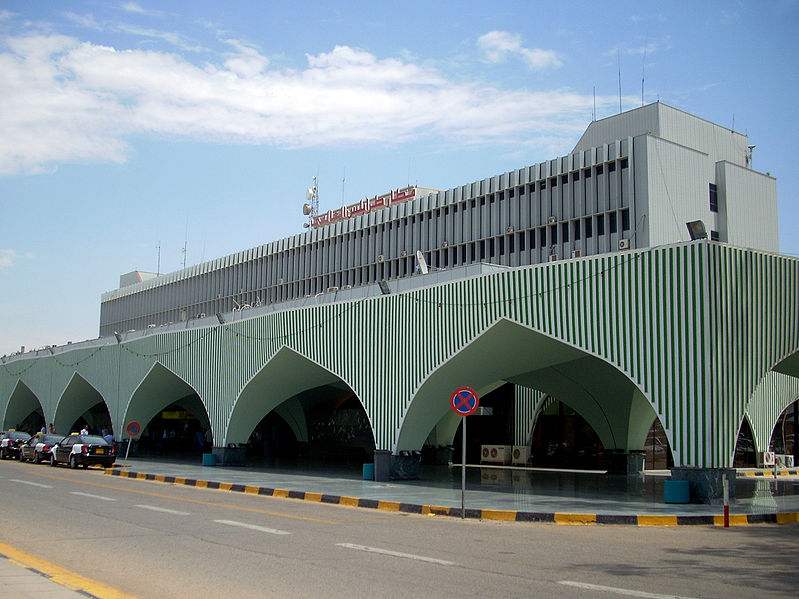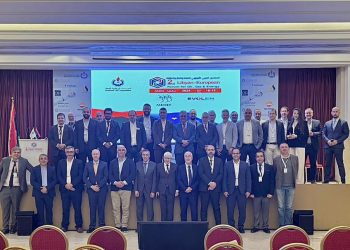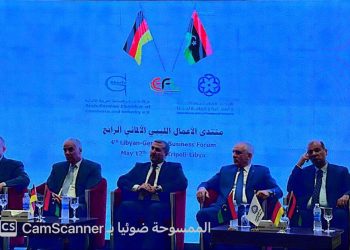Libya and Egypt discussed easing of cross-border trade movement and activating memorandums of understanding regarding bilateral trade and insurance.
The discussions took place during a meeting held yesterday at the Libyan Embassy in Cairo, which included the advisor to the Tripoli-based Minister of Economy and Trade, Shather Al-Sayd, the Director of the Ministry’s Foreign Trade Department, Ezzedine Mosadeq, the Commercial Attaché at the Libyan Embassy, Mohamed Glaisa, and the head of Joint Libyan-Egyptian Economic Chamber, Ibrahim Al-Jarari.
In an exclusive interview with Libya Herald, the head of the Libyan-Egyptian Economic Chamber, Ibrahim Al-Jarari, said, “The meeting came in order to follow up on the commercial movement through the land port between Libya and Egypt, and to address the issue of solutions to the problems and difficulties facing the flow of movement of goods, merchandise, and services, and the freedom of movement of citizens to move between both sides of the border.’’
Obstacles facing Libyan exporters to Egypt by land
Al-Jarari said that the attendees focused on the obstacles that direct Libyan exports to the Egyptian market through the land port face, especially since Libyan merchants are not interested in exporting to Egypt by sea due to the high cost of sea transportation in addition to its longer duration.
Need increased cooperation from Egyptian economic institutions
Al-Jarari pointed to the importance of strengthening cooperation from economic institutions in Egypt, given that the volume of trade cooperation between Libya and Egypt is constantly increasing, especially with the stable situation in Libya and the rising economic growth in Libya.
Need for Libyan-Egyptian coordination to ease movement
The head of the Joint Chamber stressed coordination with the Egyptian side to facilitate the movement of goods and the movement of business owners and citizens, in addition to the two sides participating in organizing joint economic activities in both countries to support investment activities and increase the volume of trade exchange.
Activation of the unified vehicle insurance agreement
Al-Jarari noted the activation of unified insurance for vehicles through the document known as the ‘orange card’ and activating its role in the freedom of movement of individuals and goods alike through ports. This, he continued, is because of its positive impact in protecting capital in particular from the risks resulting from transportation in the two countries, along with its importance in reducing the financial burdens vehicle owners because it guarantees compensation for damages resulting from accidents.
Activating MoU including vehicle insurance, settling insurance debts
Al-Jarari believes it is necessary to complete the procedures and agreements concluded between the two countries in the field of intra-trade, especially what was stated in the memorandums of understanding that were agreed upon in the corresponding meeting last May by the Insurance Supervision and Control Authority and the Egyptian Society for Compulsory Insurance regarding the settlement of the debt owed by the Egypt Insurance Company in favour of Libya Insurance Company in coordination with the Libyan Unified Office.


